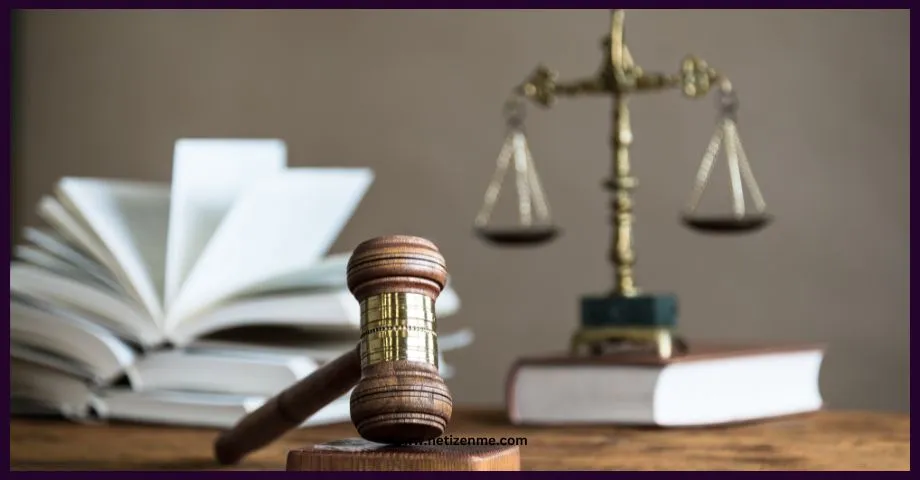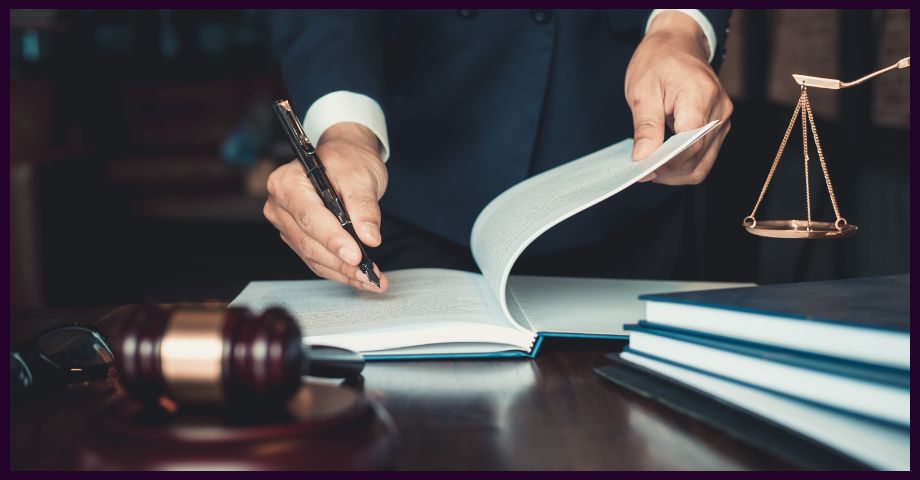Do you think the U.S. jury system should be adopted by other countries? What factors do you think should inform a country’s decision to adopt a jury system? In this article, we will present the factors to consider if other countries adopt the U.S. jury system. Should the U.S. jury system be adopted by other countries?
Should the U.S. jury system be adopted by other countries?
The adoption of the U.S. jury system by other countries is a topic of considerable debate and contention. While some argue that the jury system promotes fairness, transparency, and citizen participation in the legal process, others raise concerns about its efficacy, potential biases, and compatibility with different legal traditions.
The question of whether a country should adopt a jury system is a complex one, and it ultimately depends on the legal and cultural context of each country. While the United States has a long-standing tradition of using juries in criminal and civil trials, it does not necessarily mean that the same system would be suitable for every country. Here are some factors to consider when deciding whether to adopt a jury system:
What factors should inform a country’s decision to adopt a jury system?
Legal System and Tradition:
Countries should assess their existing legal systems and traditions to determine if a jury system aligns with their principles and objectives. The jury system may not be compatible with civil law systems, where judges play a more prominent role in determining facts and applying the law.
Cultural Considerations:
Cultural values and attitudes toward community participation in legal decision-making can influence the suitability of a jury system. Some countries may prioritize professional judges’ expertise and see juries as potentially prone to biases or incompetence. Cultural differences in terms of collectivism versus individualism can also impact the perceived value of a jury system.
Resources and Infrastructure:
Implementing a jury system requires significant resources, including the selection and training of jurors, managing trial logistics, and ensuring adequate courtroom facilities. Countries should consider whether they have the necessary infrastructure and funding to support such a system effectively.
Impartiality and Independence:
A fair and impartial jury is a fundamental requirement for the jury system to function effectively. Countries should evaluate their ability to select jurors without bias and ensure their independence from external influences or pressures.
Public Trust and Confidence:
The trust and confidence of the public in the legal system are crucial. If introducing a jury system is perceived as enhancing transparency, citizen participation, and legitimacy, it may positively impact public perception. Conversely, if there are concerns about jury bias or incompetence, it may erode public trust.
Case Complexity and Legal Expertise:
In some instances, complex legal cases involving technical or specialized knowledge may require judges with expertise in the subject matter. The ability of jurors to understand complex legal concepts and evidence may be a consideration when deciding whether to adopt a jury system.
It’s important to note that there are alternative models to the U.S. jury system, such as mixed models or lay assessors, which combine professional judges with citizen participation. These hybrid systems aim to address some of the concerns associated with pure jury systems.
Ultimately, the decision to adopt a jury system should be made through a careful examination of these factors, as well as thorough public debate and consensus-building within the country considering the change.
References for further reading:
- jury. (n.d.). LII / Legal Information Institute. https://www.law.cornell.edu/wex/jury
- Lempert, R. (n.d.). The American jury System: a synthetic overview. Scholarly Commons @ IIT Chicago-Kent College of Law. https://scholarship.kentlaw.iit.edu/cklawreview/vol90/iss3/4/
- Understanding the jury system | Office of Justice Programs. (n.d.). https://www.ojp.gov/ncjrs/virtual-library/abstracts/understanding-jury-system
This article is written by:
Our professional writers and editors are passionate about sharing high-quality information and insights with our audience. We conduct diligent research, maintain fact-checking protocols, and prioritize accuracy and integrity to the best of our capacity.
You can cite our articles under the author name "Netizenme"



